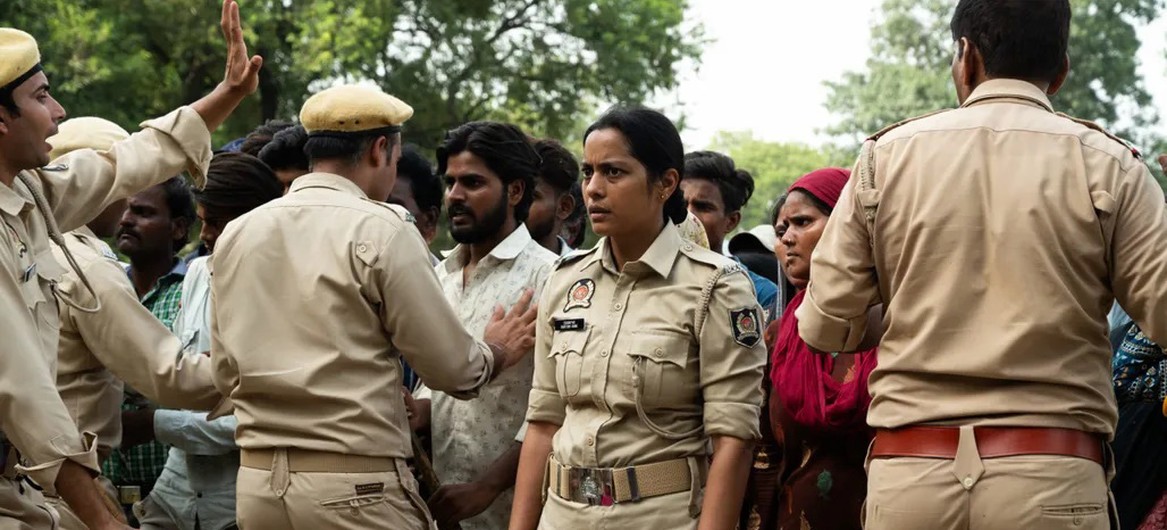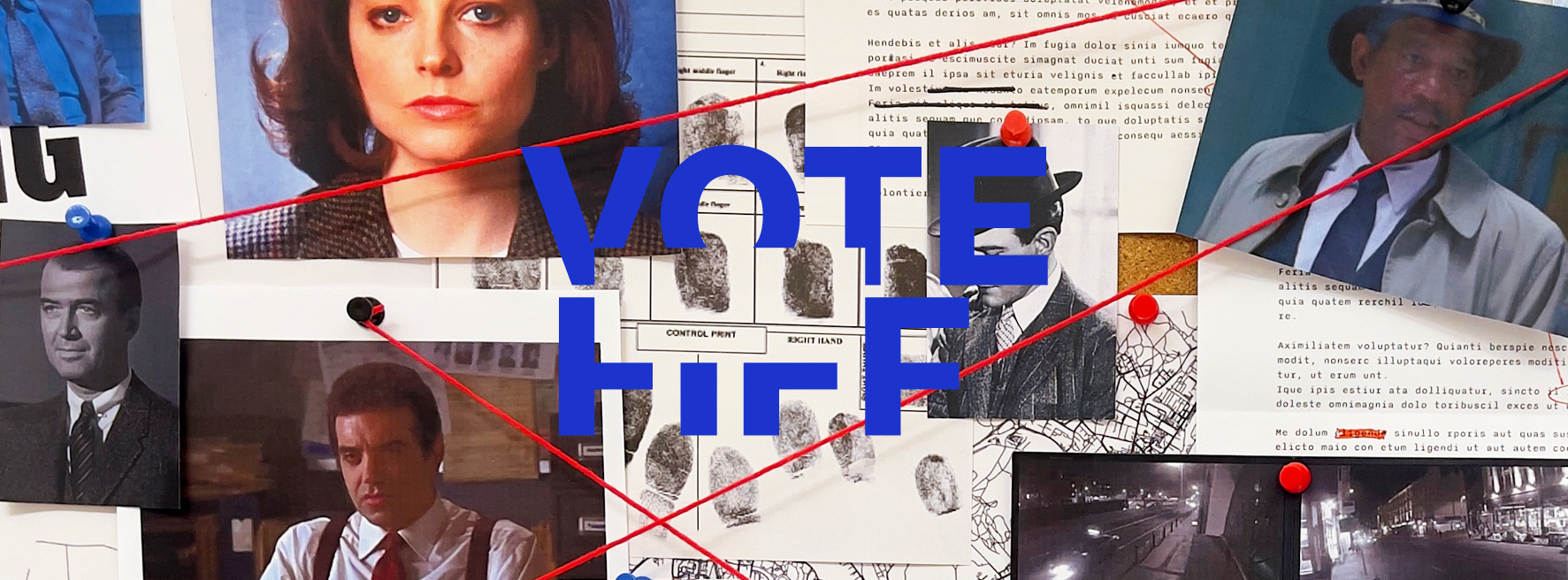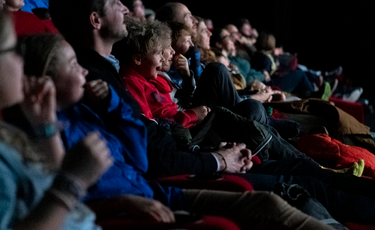
The Fribourg International Film Festival will be back, from 21 to 30 March 2025, with another thought-provoking and inspiring programme. FIFF can already announce the Genre Cinema theme and line-up. Aptly named Murders and Mysteries, the section will forensically investigate whodunnit films from around the world. For the fifth year running, the public will be able to vote for their favourites from a list of 50 whodunnit classics. The five films with the most votes will be screened as part of the Genre Cinema: Audience Choice section: fiff.ch/vote.
For Thierry Jobin, Artistic Director of FIFF, "The appeal of films, series and programmes built around a mystery story is undeniable." The choice of theme for the 2025 Genre Cinema section came to him "in Cannes after the screening of Santosh (2024) a film by director Sandhya Suri and set in rural India. It has a gripping narrative full of twists and turns but the most fascinating aspect of the film – and one that dovetails with FIFF’s core mission and values – is how the plotline holds up a mirror to the country’s culture." Santosh tells the story of a widow who inherits her late husband’s job, catapulting her into the alien and supremely macho world of the vice squad. Although inexperienced, her instincts will prove invaluable during an investigation into a horrible crime and her work will challenge deeply entrenched patriarchal codes.
Another highlight of the Genre Cinema programme is the Nepalese thriller Pooja, Sir (2024) from Deepak Rauniyar, which had its world premiere at the Venice Film Festival this summer. The director and his wife Asha Magrati, the film’s producer and lead are no strangers to Fribourg. Eight years ago, their film White Sun (2016) was an entry in the International Competition, and their 2012 production Highway was screened as part of the FIFF’s celebration of Nepalese cinema. In Pooja, Sir, a queer policewoman is sent from Kathmandu to replace the local male detective working on a missing persons case. Set amidst a climate of strikes and social repression, this police procedural is at once a riveting drama and a study of Nepal’s political system, the place of women in Nepalese society and the country’s societal norms.
The stories told by the ten or so films in the Genre cinema: Murders and Mysteries line-up range from light-hearted, cheery and entertaining to chilling and dark. But regardless of tone, their deft cinematographic and narrative choices shake up preconceived notions and lock in the attention of the audience, leaving them more deeply invested – or, in some cases, destabilised – in the quest for the truth. The 2025 Genre cinema section offers an eye-opening journey around the world and an exploration of other cultures through the lens of a popular film genre whose codes and conventions are well-known to the audience thanks in large part to the success of countless North American and European films and series. As Thierry Jobin explains, "Given that we are living in an era where fake news and AI-generated images abound, we felt that a deep dive into the whodunnit genre would be a more compelling way to question our love of fiction and our tendency sometimes to believe or trust too readily."

The Genre Cinema: Audience Choice programme will feature five classic thrillers and whodunnits as chosen by the public from a list of 50 classics, including Alfred Hitchcock's Rear Window (1954), Sidney Lumet's adaptation of Agatha Christie's legendary Murder on the Orient Express (1974), not to mention Brian de Palma's Blow Out (1981), Usual Suspects from Bryan Singer and David Fincher's Seven (1995). The complete list will be published in Fribourg’s two local newspapers (La Liberté and Freiburger Nachrichten) and on fiff.ch/vote, and voters can also put their name forward to present one of the winning films during the Festival.
The detective work will continue long after the film credits have rolled. FIFF is planning a host of surprise events and mysteries to solve in the city of Fribourg during the Festival, which will run from 21 to 30 March 2025.




